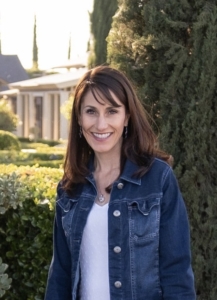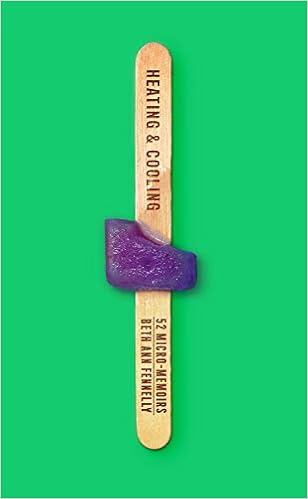Honoring the Craft
 You might have heard the platitude “those who can’t do, teach.” Obviously, I don’t agree with that theory. I’m a teacher. Plus, I have several friends and acquaintances who defy that logic. And yet, I also recognize that teaching makes doing a lot more challenging.
You might have heard the platitude “those who can’t do, teach.” Obviously, I don’t agree with that theory. I’m a teacher. Plus, I have several friends and acquaintances who defy that logic. And yet, I also recognize that teaching makes doing a lot more challenging.
A former student, who is also a writer and professor, likens teaching to a “joyful bloodletting” whereby you insert an IV into your vein and suck all of the creativity out of your bloodstream.
While it isn’t quite that intense for me, I’m also not teaching full time (though it feels like full time!). What I have noticed since the coronavirus pandemic began, and I started feeling pulled to reach more students, is that I have to be more intentional about my craft. I have to make it a priority not only to read my students’ work, but also to tackle my own. What that requires, of course, is discipline — something I’ve been sorely lacking!
Here’s the thing: For weeks, I had been writing an essay my mind, and occasionally in my journal. A piece that required me to only sit in front of a computer and think thoughtfully for a chunk of time. The problem was, with three kids, a husband, four jobs, and two ongoing workshops, well, I didn’t have a chunk of time!
So, I decided to approach my essay writing like any other assignment (to a degree). The key prop: A timer! But I’m jumping ahead. Allow me to back up and walk you through my process step by step.
- Be spontaneous. Don’t wait for the right time, or the best time, or the time when you have uninterrupted time. Just sit down with a pad of paper, or pull up a blank document, and go for it. You’ll hear people tell you to block out time in your calendar or make an appointment with yourself. If that works for you, GO FOR IT! If not, be spontaneous about it. Me? I wrote at the picnic table while my kids rode their bikes around me. I recorded notes on my phone will driving to the grocery store. I worked within the confines of my reality.
- Use a timer. If I could offer only one suggestion to alleviate writer’s block, it would be: Get yourself a timer. Theo Pauline Nestor addresses this in her book, Writing is My Drink (highly recommend, by the way). I’ve heard the same advice delivered on several writer’s podcasts (The Beautiful Writer’s Podcast frequently addresses this idea, but I can’t recall the specific episodes). The Cliff’s Notes: Set a timer for 15 minutes, or even 5, and put pen to paper. If you really want to get into the weeds on this, read “Working it Out.”
- Make a plan. I don’t mean plot out how you’re going to find the time, energy, enthusiasm, fill-in-the-blank, to write the essay, but make a plan to get the thing done. And come up with a really cool reward when you knock it out of the park.
- Build in accountability. Sometimes just telling someone you plan to write a story about X, Y, Z builds in a certain level of accountability. It could be a friend, a partner, a fellow writer. It doesn’t matter who it is, but it helps if the person will say, “hey, how’s that story coming along?”
- Be prepared to go off course. Starting an essay comes with its own set of risks. If you’re anything like me, once you really dig in, you can’t let go. I become like a dog with a meaty bone. I sink my teeth in, and I can’t release. So, yes, I started that essay, but then I became obsessed. I thought about it day and night, trying to figure out the crux of the story, word smithing paragraphs while I was half asleep, and jotting down notes at every opportunity. Despite a full workload, two contract positions with daily deliverables, and several students who want and deserve timely feedback, all I really wanted to do was write the damn story — and make it sing. Turns out, I’m well on my way.
This blog was originally published on July 7, 2020, at amypaturel.com
ABOUT AMY: Amy Paturel has been crafting essays for more than two decades and teaching personal essay writing for more than 15 years. Her personal and reported essays frequently appear in The New York Times, The Washington Post, The Los Angeles Times, Discover, Good Housekeeping, Parents, and more. Two of her pieces were featured in Newsweek’s “My Turn” column, and she garnered two “honorable mention” awards in ASJA’s personal essay category (2009 and 2011).
CRAFT A BETTER ESSAY WITH AMY: Join Amy for a Charlotte Lit month long Studio Writing the Personal Essay beginning October 24th, online. This personal essay writing intensive will guide you through generating interesting essay ideas to a salable piece. More information here.







